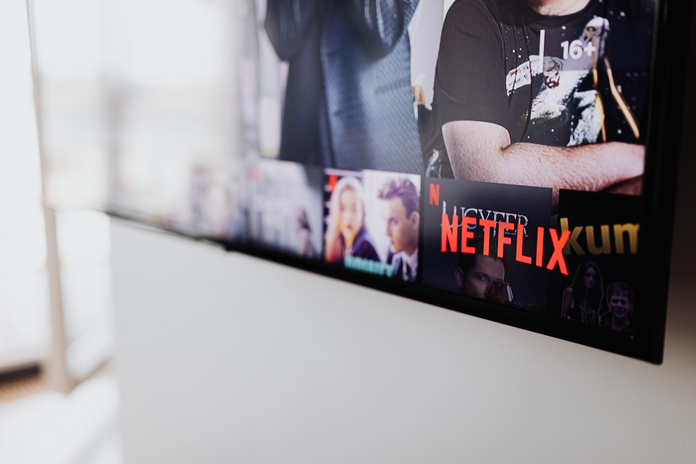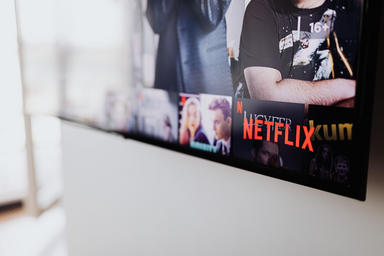Over the last few years, there have been several films that have been deemed objectively bad by the film community and the general public, and yet they do exceedingly well in terms of popularity and numbers. Why do we hate-watch these films despite their seemingly subpar plots, casts, and reviews? What is it about ironically watching Tall Girl or The Kissing Booth or He’s All That that we all seem to enjoy so much?
We’ve all come across the phrase, “It’s so bad that it’s good”, and that’s what we use to rationalize the fact that we enjoyed The Kissing Booth, or a Nicholas Cage movie. The Kissing Booth, is a take on the classic high school rom-com, it has all the elements that make a successful film – it has the dorky girl meets popular boy trope, the best friend vs. boyfriend trope, and it has a pretty engaging premise and set up. In theory, there should be nothing stopping us from admitting that we like the film, right? Right? Sure, apart from the occasional out-of-place, “cringy” dialogue, I’d argue that The Kissing Booth Cinematic Universe does a fantastic job in capitalizing on the nostalgia of old high school rom-coms, and that is partly one of the reasons it does so well. It’s been quite some time since we’ve gotten a light-hearted high school rom-com, because most of the well-made, popular high school films that have been coming out over the past few years have all dealt with heavier, dramatic themes. Perhaps, it is our longing for simpler times, and older cult classics that have made these Netflix Originals popular, even if they are considered “bad”. That’s one way of explaining the success of The Kissing Booth.
What separates “good” art from “bad” art in the first place? While this is a much larger question to answer, we can attempt to understand it in the context of this hate-watching phenomenon. “Bad” art is art that thinks it’s good, and “Good Bad Art” is art that is self-aware and knows that it’s bad, having the ability to poke fun at itself. Shows like Glee and Riverdale are both set in high school, with similar characters but what sets them apart is Glee’s self-awareness and Riverdale’s blatant unawareness of its pitfalls and shortcomings. Regardless, Riverdale has a large viewing audience.
Hate-watching films has increased in popularity over the last few years because,
a. As much as we hate to admit it, it wakes up our inner pretentious cinema commentator, there’s that secret desire to criticize something and feel culturally superior to everybody else
b. These films are usually pretty light-hearted and aren’t ever intense, so even if we may not necessarily like it, it still makes for a relaxing, enjoyable experience.
We live in a zeitgeist where a lot of our humor, especially online takes the form of irony. Whether it’s Tik Tok, or quarantine, or an incessant need to separate our humor from millennial humor, there’s no denying that irony is a part of our everyday culture. Hate-watching isn’t the same as a guilty pleasure, it’s a lot more than that. This irony is complicated. It has layers.
There are communities of people online that specifically make it their agenda to religiously keep up with media they do not enjoy, just so they can critically evaluate it, mock it, and defame it online. Twitter, as a social media site thrives on people’s opinions and reviews of popular culture, this isn’t a debate about whether one should post their opinions online but rather it is a question of whether this culture of everybody criticizing media online, has led us to conform to what the general consensus is. “If everybody thinks something is objectively terrible, then surely it must be.”
Are there people who do genuinely enjoy these films? And are they immediately scorned upon and considered not as cool for liking these films of apparent “low” culture? Who is the target demographic for these Netflix Originals? We are. Netflix will continue casting Noah Centineo in movies, and we will continue watching them. And that’s okay. At some point, the hate watchers have to ask themselves, where do the lines blur between irony and genuine interest for the media?


